No, J1772 is not considered a fast charger. It's primarily associated with Level 1 and Level 2 charging, which are slower compared to fast-charging options like DC fast chargers. However, while it may not offer the rapid power boost of fast charging, J1772 is still a crucial component of the EV charging ecosystem, particularly for daily use and home charging setups. In this article, we’ll explore why J1772 isn’t a fast charger, compare it to faster options, and help you understand when it’s the best choice for your needs.
What is J1772?
The J1772 connector, also known as the SAE J1772, is the standard for Level 1 and Level 2 charging in North America. Most electric vehicles (EVs) in the U.S. are compatible with J1772, which makes it a common sight at public charging stations and in residential setups. This connector works for both 120V (Level 1) and 240V (Level 2) charging, allowing for flexible and convenient EV charging at home or on the go.

Since it’s a standard connector, J1772 is supported by nearly all electric vehicle manufacturers, making it a versatile and user-friendly option. But it’s important to understand that this connector is designed for moderate charging speeds rather than the high-speed charging associated with fast chargers.
See also: J1772 vs CCS: What’s the Difference?
J1772 Charging Speeds
J1772 primarily supports two levels of charging:
-
Level 1 Charging (120V): This is the slowest charging method, typically adding about 3 to 5 miles of range per hour. It’s suitable for overnight charging or in situations where speed isn’t a priority.
-
Level 2 Charging (240V): With Level 2 charging, you can expect to add about 12 to 25 miles of range per hour, depending on the vehicle and charging setup. This is a significant improvement over Level 1 but still far slower than what is typically considered fast charging.
While J1772 is capable of Level 2 charging, which is faster than Level 1, it still doesn’t reach the speeds needed to classify it as a fast charger.
What Qualifies as a Fast Charger?
To better understand why J1772 isn’t a fast charger, it helps to know what qualifies as "fast charging." In the world of electric vehicles, fast charging typically refers to DC fast charging, which can add hundreds of miles of range in just 20-30 minutes. These chargers deliver much higher power (usually 50kW or more) and use connectors like CCS or CHAdeMO, which are designed to handle rapid energy transfer.
In comparison, J1772 chargers, even at Level 2, usually operate at around 7kW to 19kW, far below the power levels needed for fast charging.
Comparison: J1772 vs. Fast Chargers
Now that we understand what fast charging means, let’s compare J1772 with DC fast chargers:
-
Power Output: DC fast chargers can deliver 50kW to 350kW of power, while J1772 Level 2 chargers typically max out around 19kW.
-
Speed: A DC fast charger can add 150-200 miles of range in around 30 minutes, whereas a J1772 Level 2 charger will add about 20-25 miles of range in an hour.
In short, the speed difference is dramatic. J1772 is best suited for daily charging needs where time is not a critical factor, while fast chargers are ideal for long trips or when you need to quickly recharge.
The Best Use Cases for J1772
Despite not being a fast charger, J1772 is a practical solution for many EV owners. Here are a few scenarios where J1772 shines:
-
Home Charging: The convenience of plugging in overnight and waking up to a fully charged car is where J1772 is at its best. Level 2 charging at home is often enough to cover daily driving needs.
-
Public Charging Stations: Many public Level 2 chargers use J1772 connectors. These stations are a good option for topping up your battery when you’re parked for a longer period, like during shopping or work.
-
Affordability: Installing a J1772-compatible Level 2 charger at home is far more affordable than setting up a DC fast charger, making it an accessible option for most EV owners.
Adapting J1772 for Fast Charging (Is It Possible?)
While J1772 itself cannot support DC fast charging, some vehicles and charging stations come equipped with adapters that allow J1772-equipped cars to connect to faster chargers. For instance, certain EV models have built-in capabilities to use a CCS Combo adapter, which allows for faster charging at stations with CCS connectors. However, this isn’t a feature of the J1772 standard itself but rather an additional capability offered by specific EV models.
It's important to note that using adapters or upgrading your charging capabilities can come with additional costs and potential compatibility issues, so it’s worth considering how often you truly need fast charging before investing.
Conclusion
In summary, while J1772 is not a fast charger, it plays a vital role in EV charging for everyday use. It offers convenience and affordability, especially for home charging or regular top-ups at public stations. For those looking for rapid charging options, DC fast chargers are the way to go. However, for the majority of EV drivers, J1772 provides more than enough power to meet daily driving needs without the complexity or expense of fast chargers.
When choosing between J1772 and faster options, it ultimately comes down to your driving habits and how quickly you need to recharge. If you're primarily using your vehicle for daily commuting and have access to home or public Level 2 chargers, J1772 is a solid choice.
Autel offers several Level 2 chargers compatible with the J1772 standard, such as the MaxiCharger AC Elite and MaxiCharger AC Lite models. These chargers operate on 240V and support charging up to 50 amps, making them suitable for most electric vehicles and plug-in hybrids. They deliver around 20 to 48 miles of range per hour, depending on the model, making them a solid choice for daily charging needs at home or work.

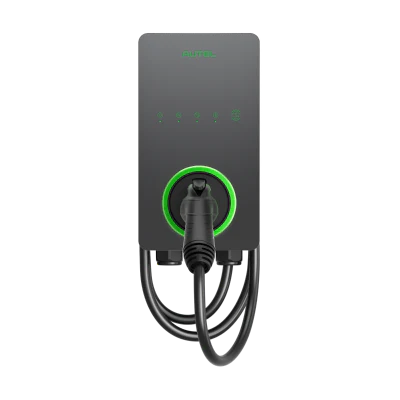
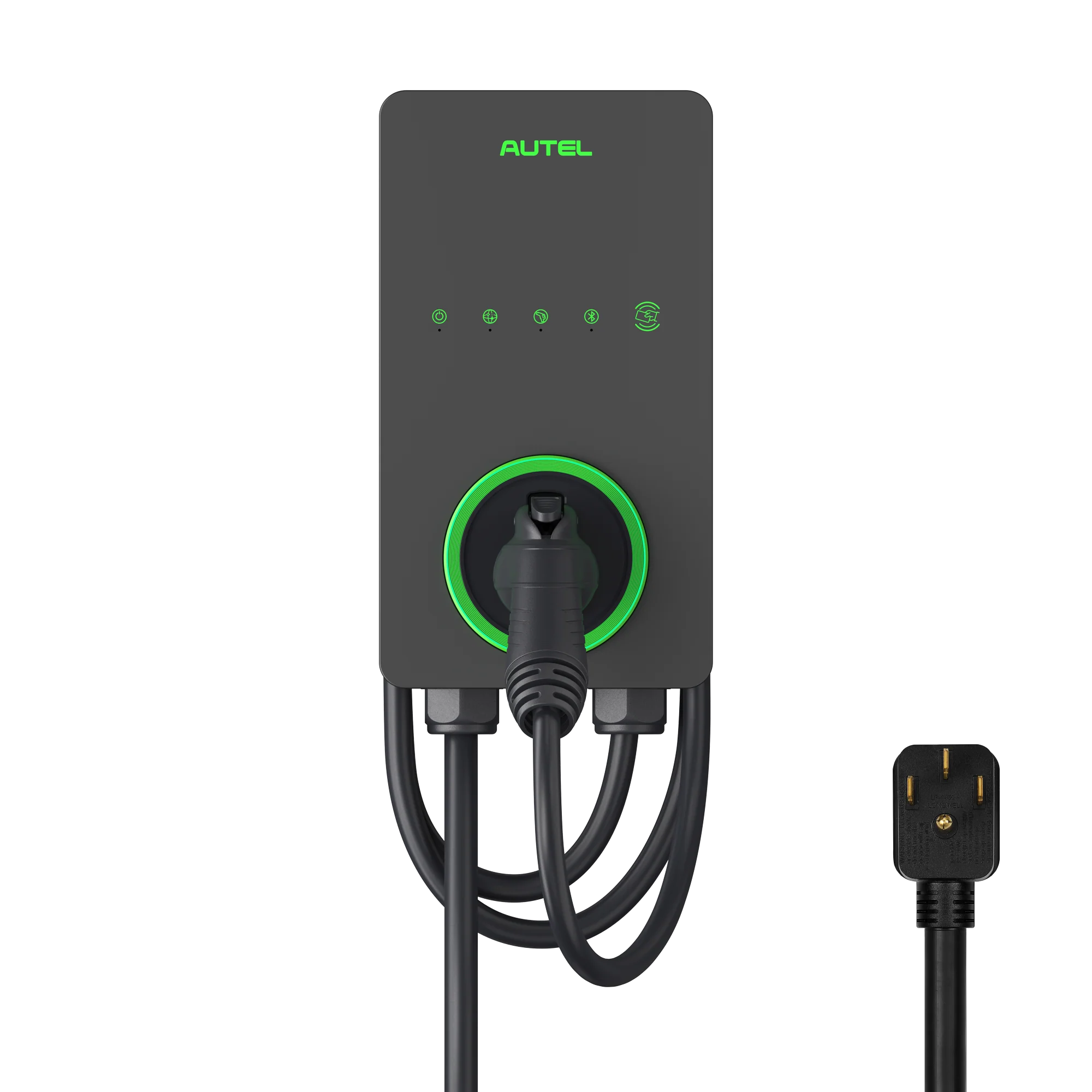
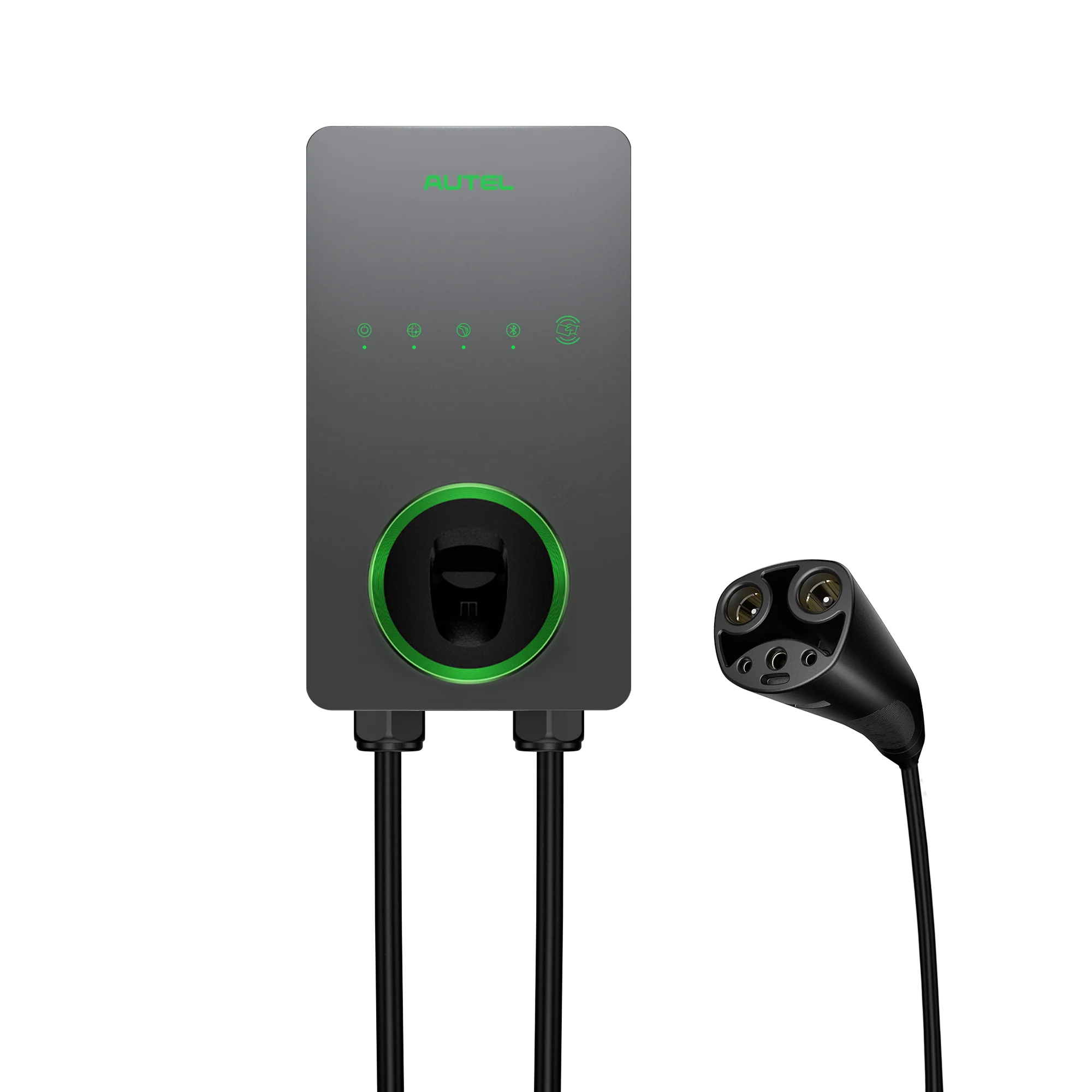
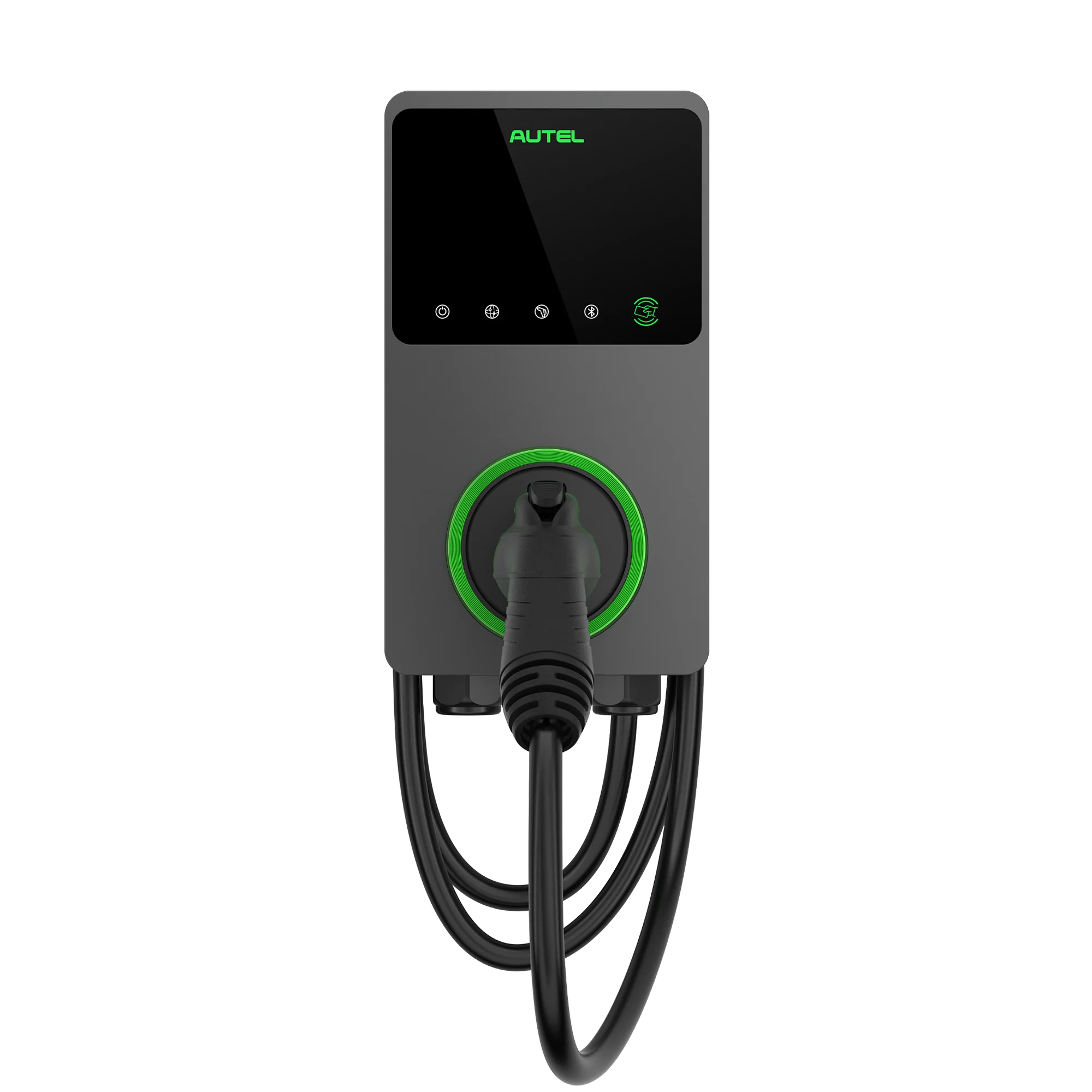
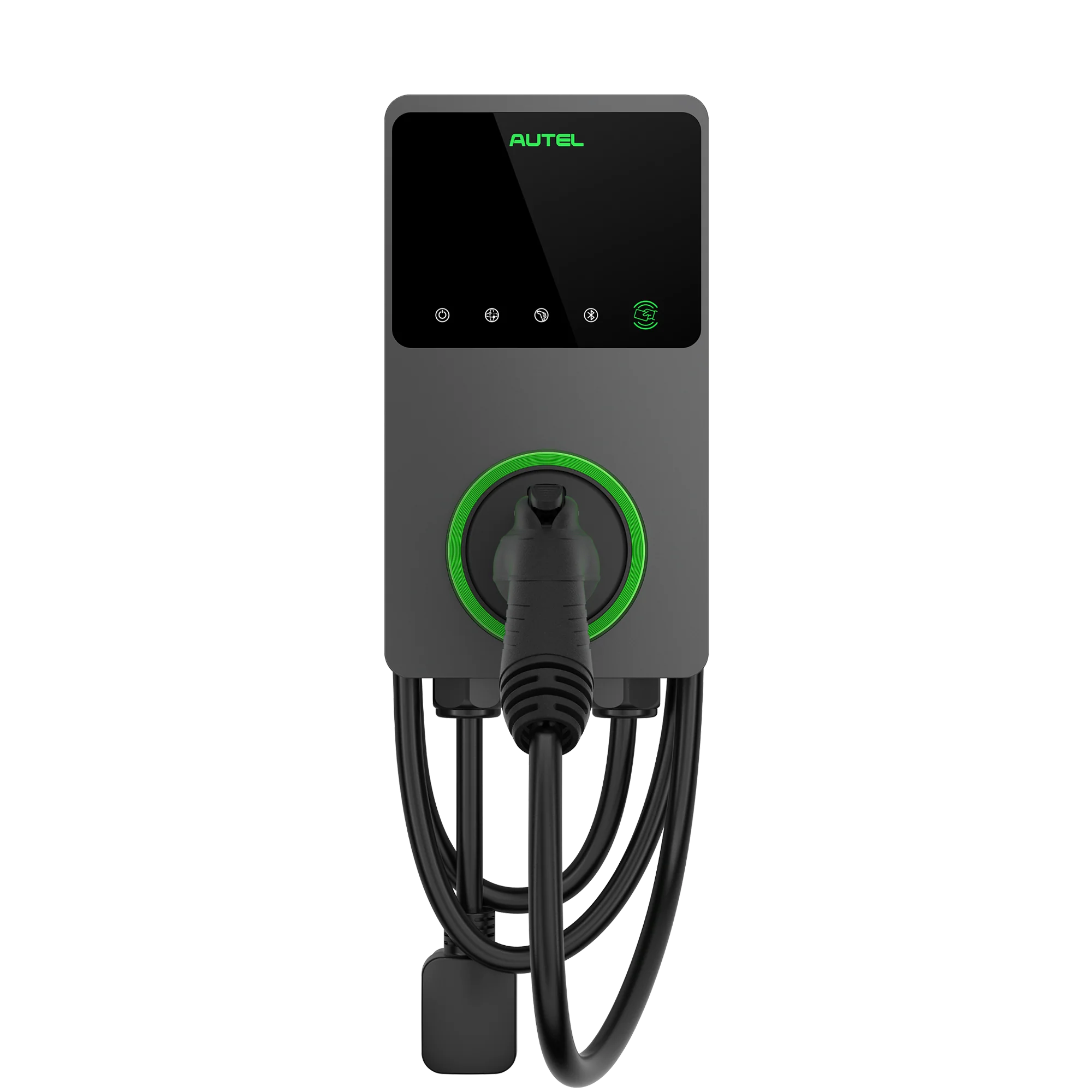
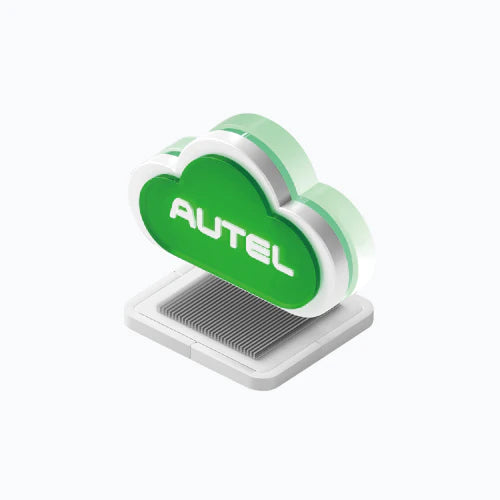
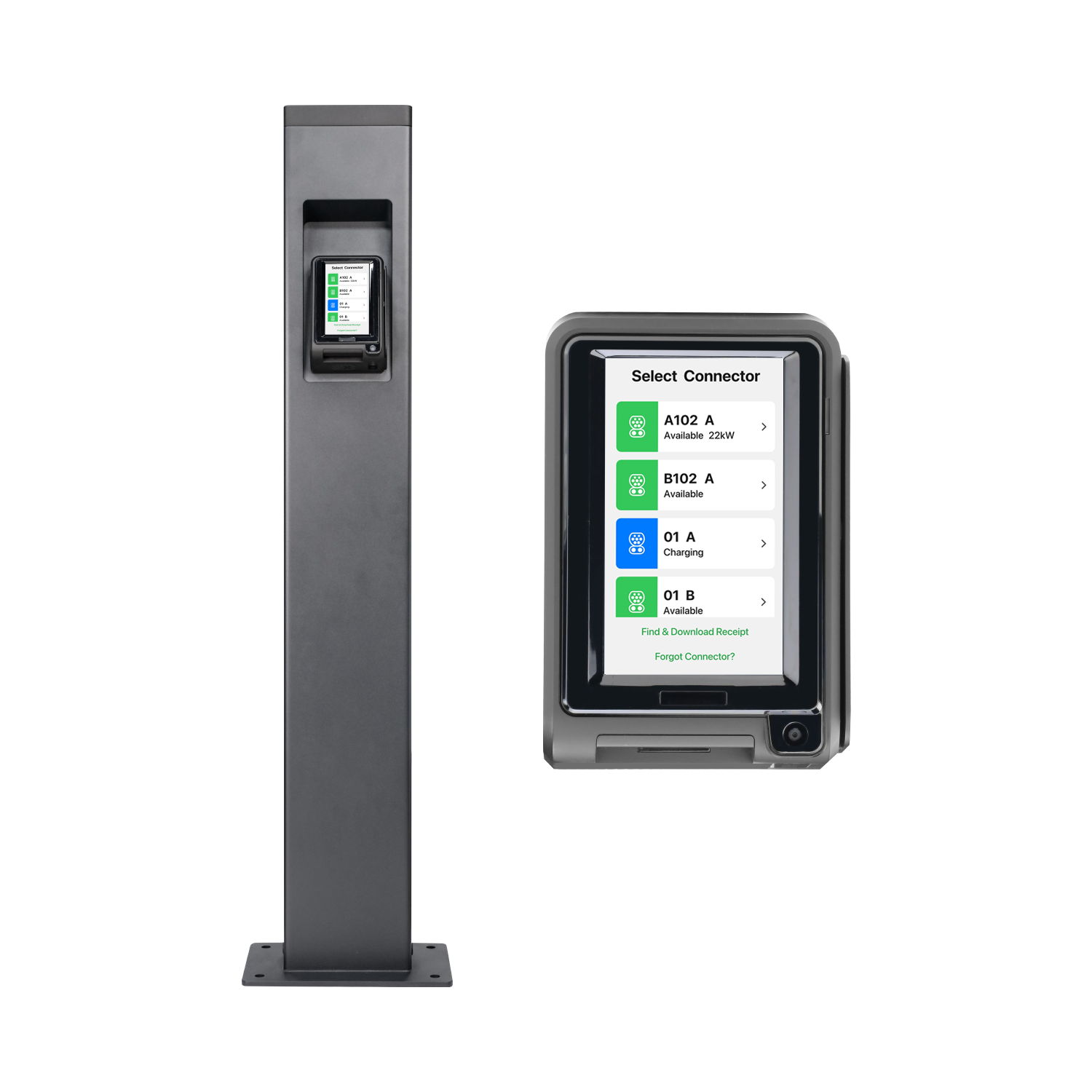
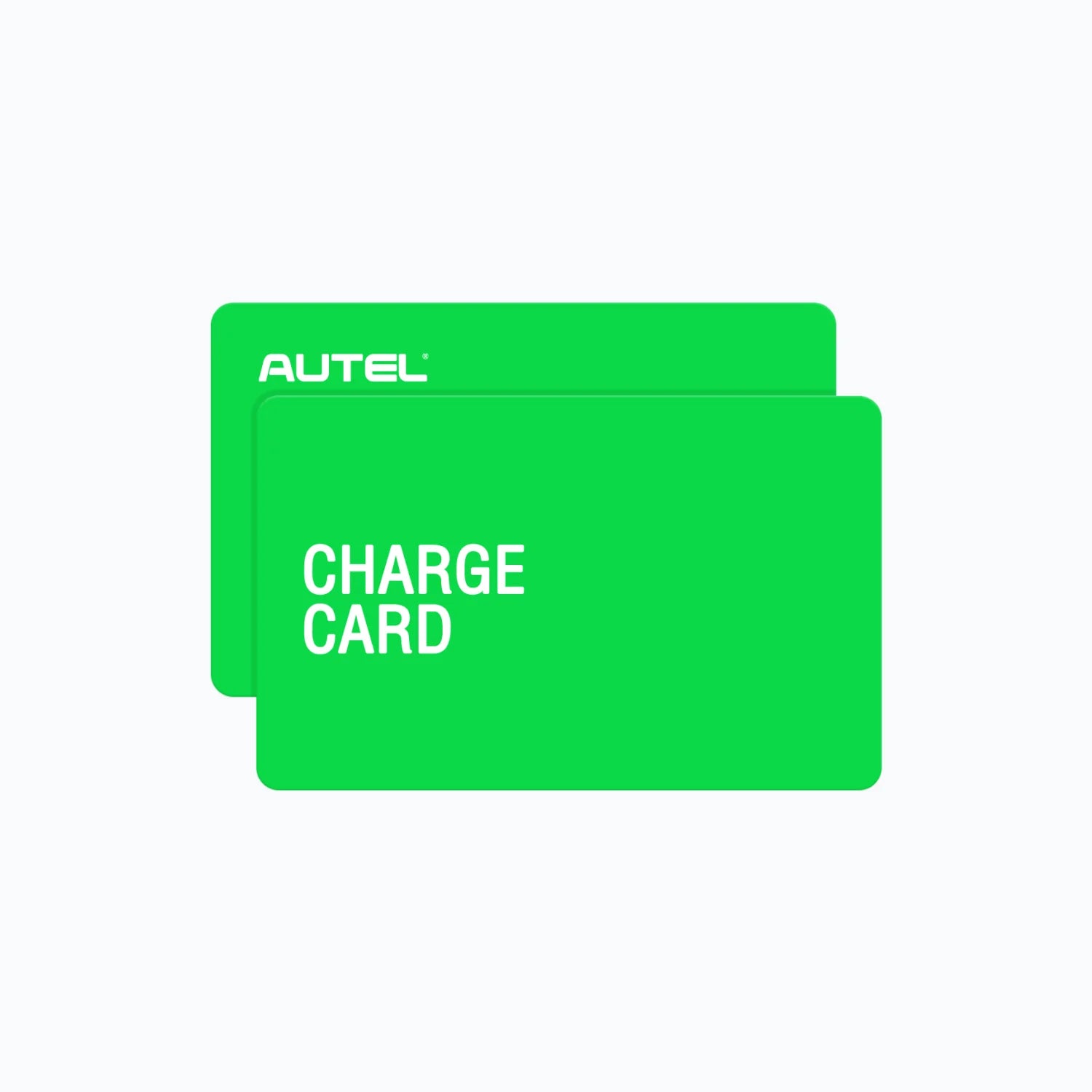
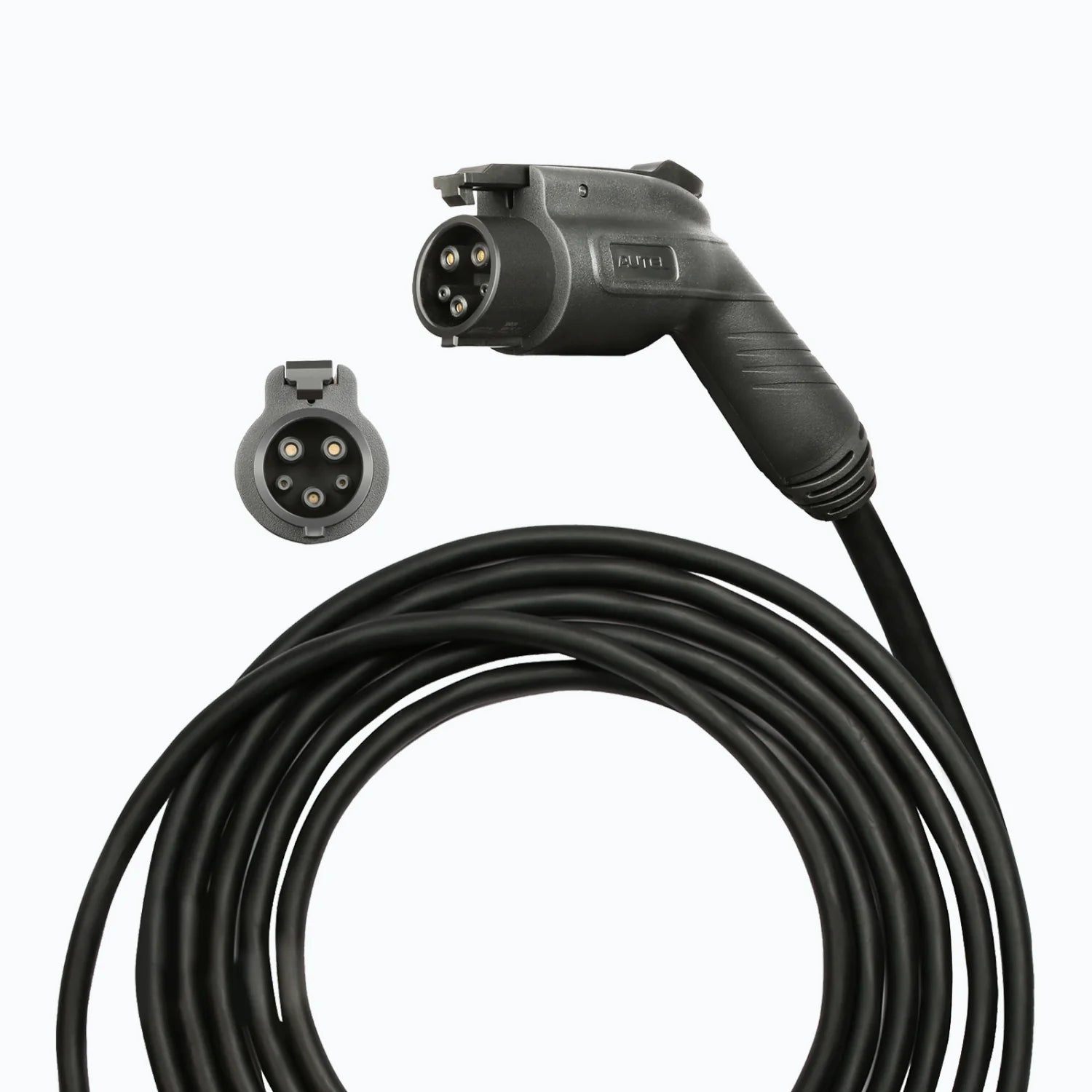
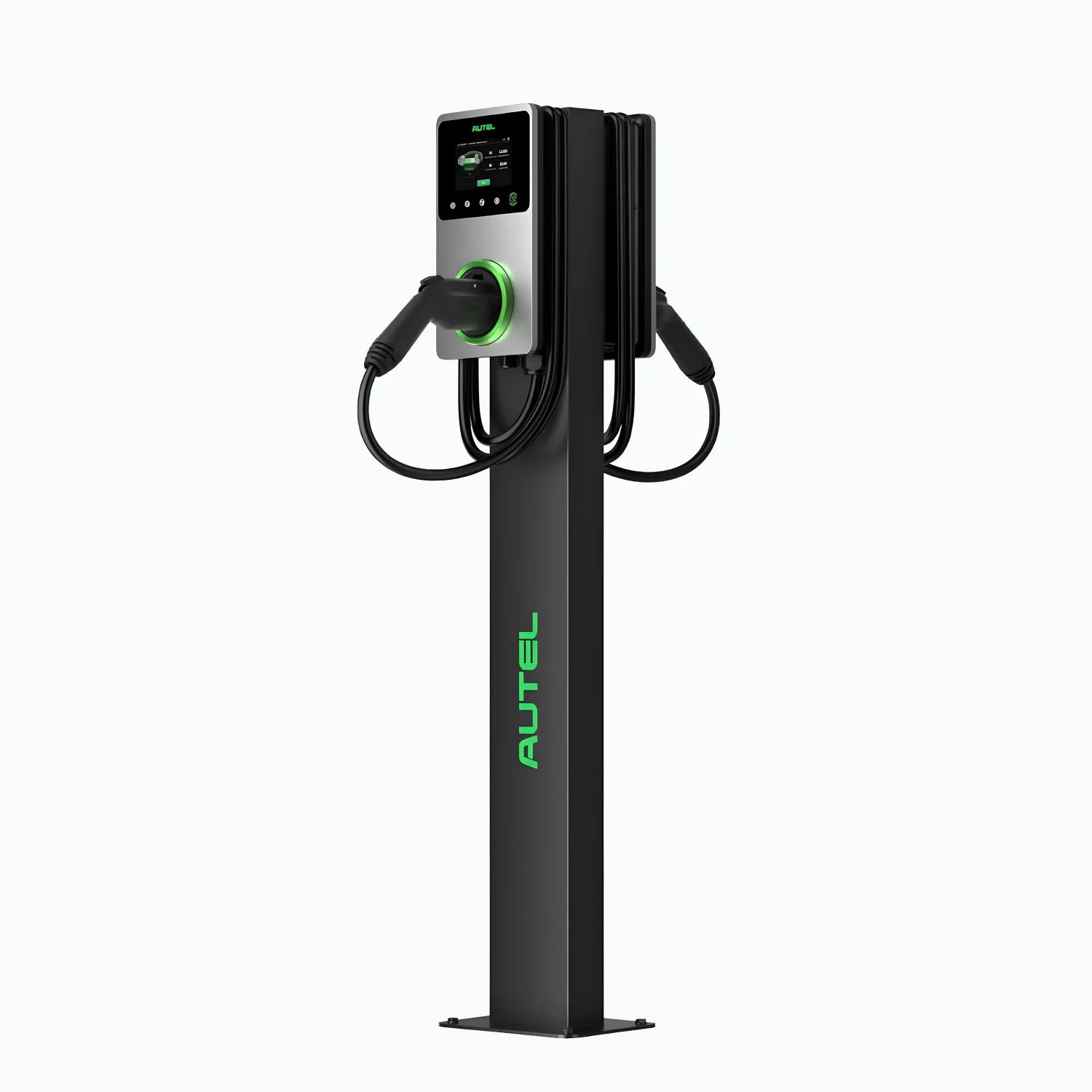
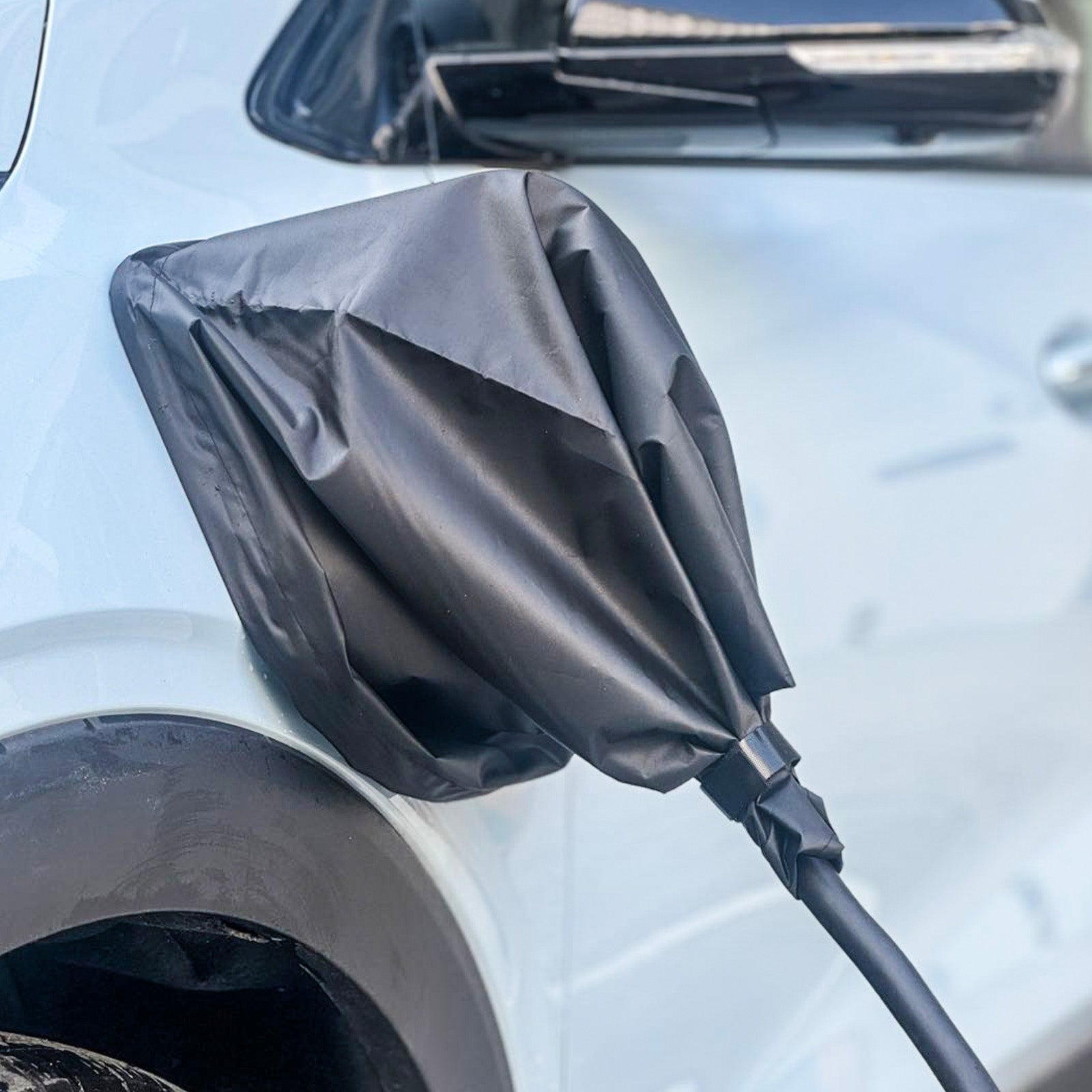
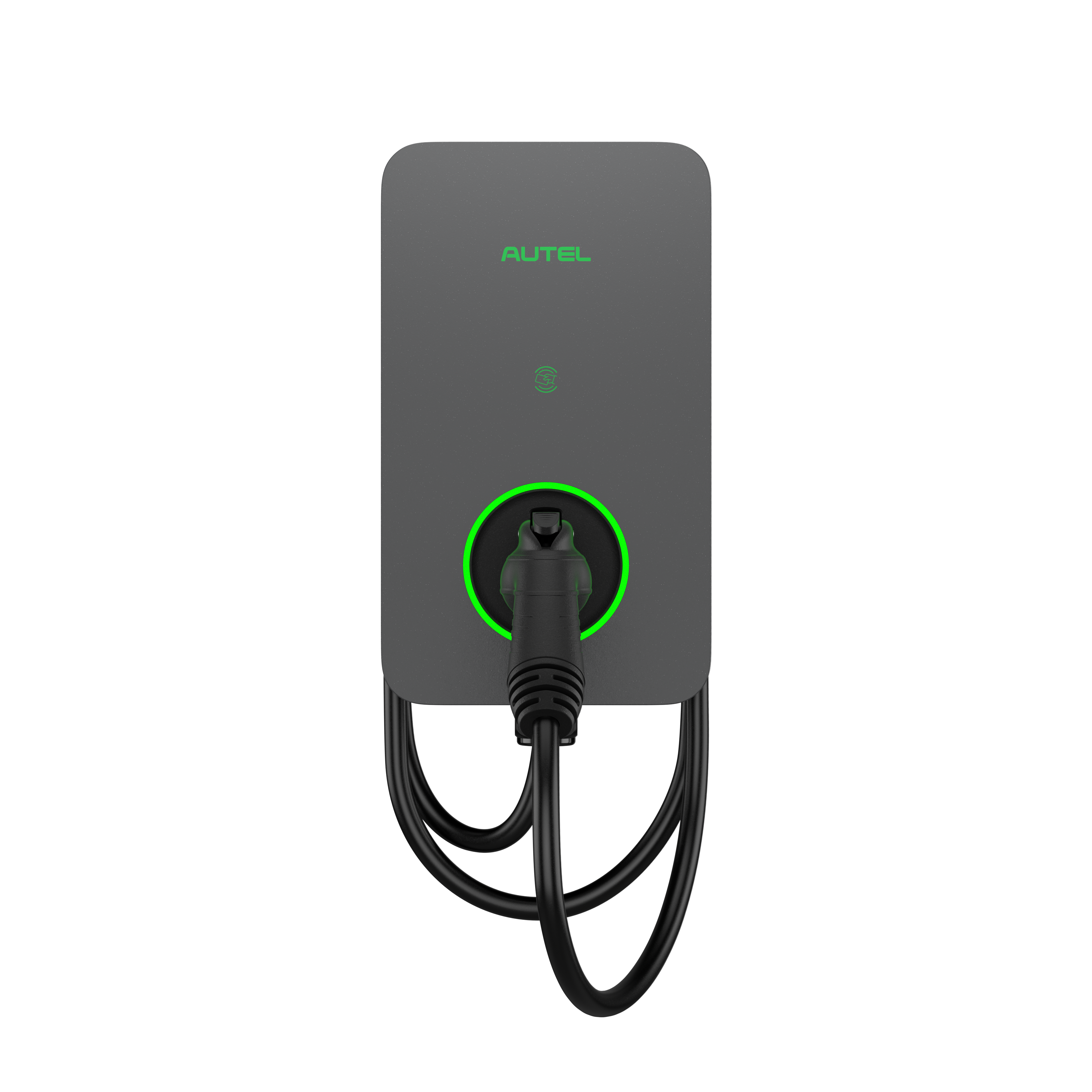
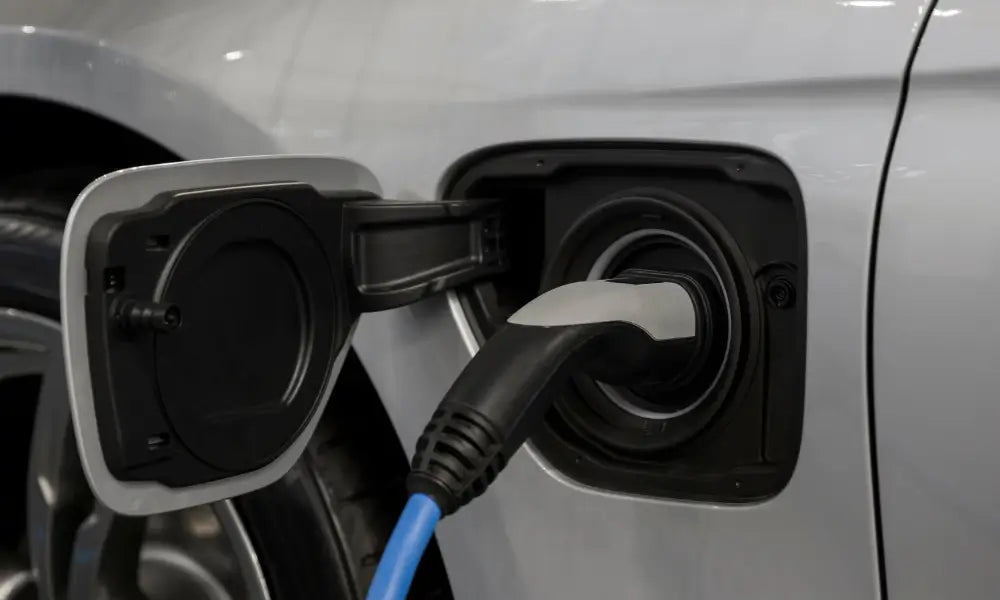
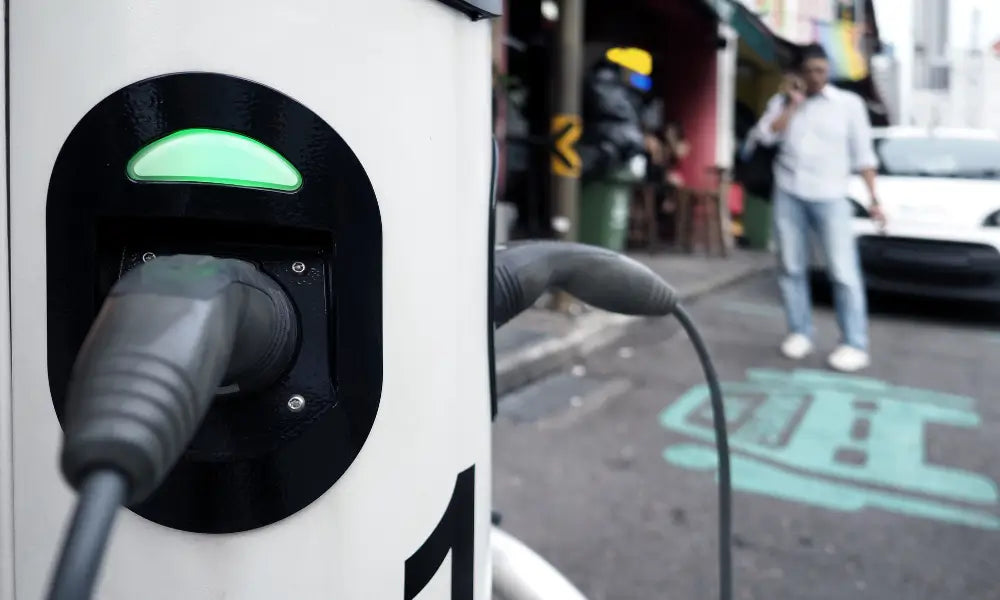
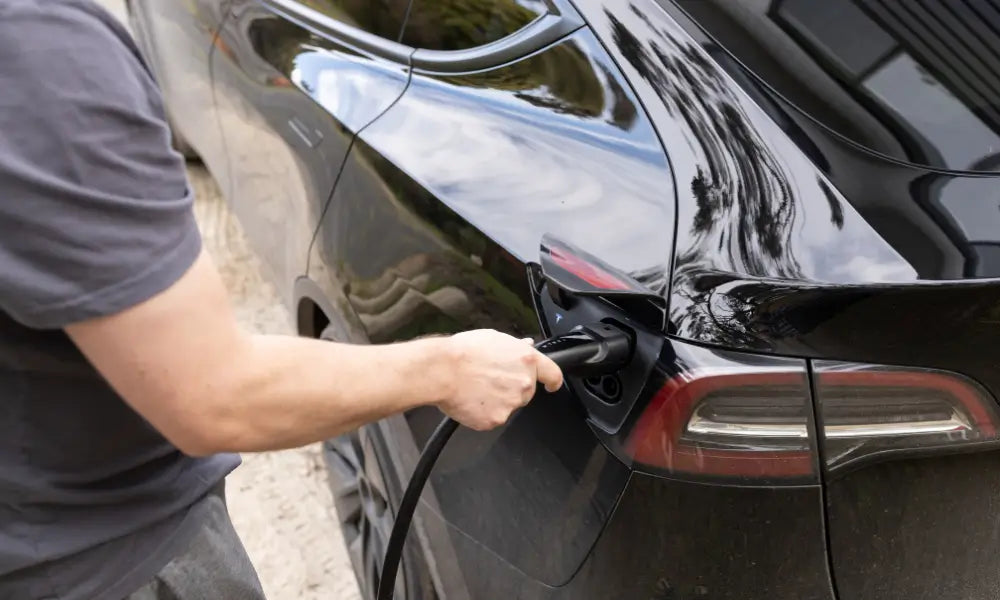
Laisser un commentaire
Tous les commentaires sont modérés avant d'être publiés.
Ce site est protégé par hCaptcha, et la Politique de confidentialité et les Conditions de service de hCaptcha s’appliquent.